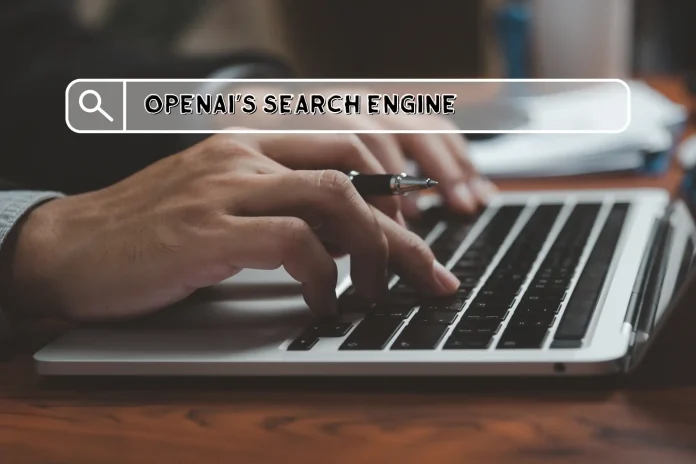Speculation is rife about the potential disruption OpenAI could bring to the search engine landscape with its AI-powered search engine, potentially challenging Google’s dominance. The buzz around the OpenAI Search Engine has reached a crescendo after enticing hints about upcoming innovations were dropped at OpenAI’s Spring Update. While no official announcements have been made, these hints point to a potential game-changer. This has sparked a global wave of curiosity and anticipation about the potential seismic shift in the future of search technology.
Let’s take a look at the existing landscape and what this means for the future of search:
Google Search Engine’s Dominance
Despite facing a potential challenger, Google remains the dominant force in search engines. They’ve been actively incorporating AI into their features, including testing AI-powered search summaries in the US and UK. OpenAI’s possible entry, however, adds pressure to Google and other players like Perplexity AI, which recently collaborated with SoundHound to enhance voice assistant search on IoT devices.
OpenAI Search Engine
With the formidable backing of Microsoft, OpenAI is strategically positioning itself at the forefront of the fusion of AI and search technologies, aiming to carve out a unique market niche. Microsoft’s integration of OpenAI’s AI capabilities into its Edge browser and Bing search engine in February 2023, offering these premium services to paying members and users of the Microsoft Office suite, underscores the confidence in OpenAI’s potential. This partnership is a testament to the belief in the power of AI and its potential to revolutionize the search industry.
Earlier reports suggested that OpenAI’s search engine would leverage its popular ChatGPT tool. Users could ask questions and receive answers that include web sources with citations, potentially including links to Wikipedia articles, images, or diagrams for better context. While OpenAI’s search engine launch is on hold, the concept highlights a potential shift from traditional keyword-based models to a more integrated approach. AI-powered answers with citations and context have the potential to significantly improve user experience by providing a deeper understanding of search queries.
What Next?
The potential arrival of an OpenAI search engine created a captivating story: a Microsoft-backed challenger entering the ring against the search champion Google. This competition could accelerate innovation in AI-powered search, ultimately benefiting users who seek a more comprehensive and informative search experience. As both Google and OpenAI refine their AI capabilities, the coming years promise to be exciting for the future of search engines.



